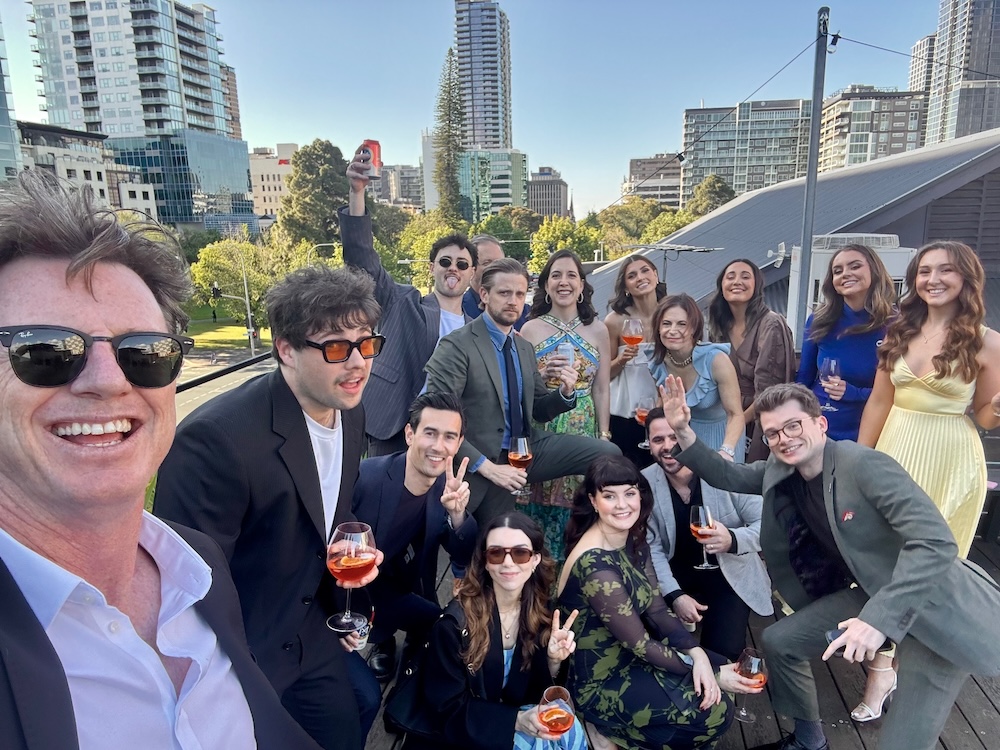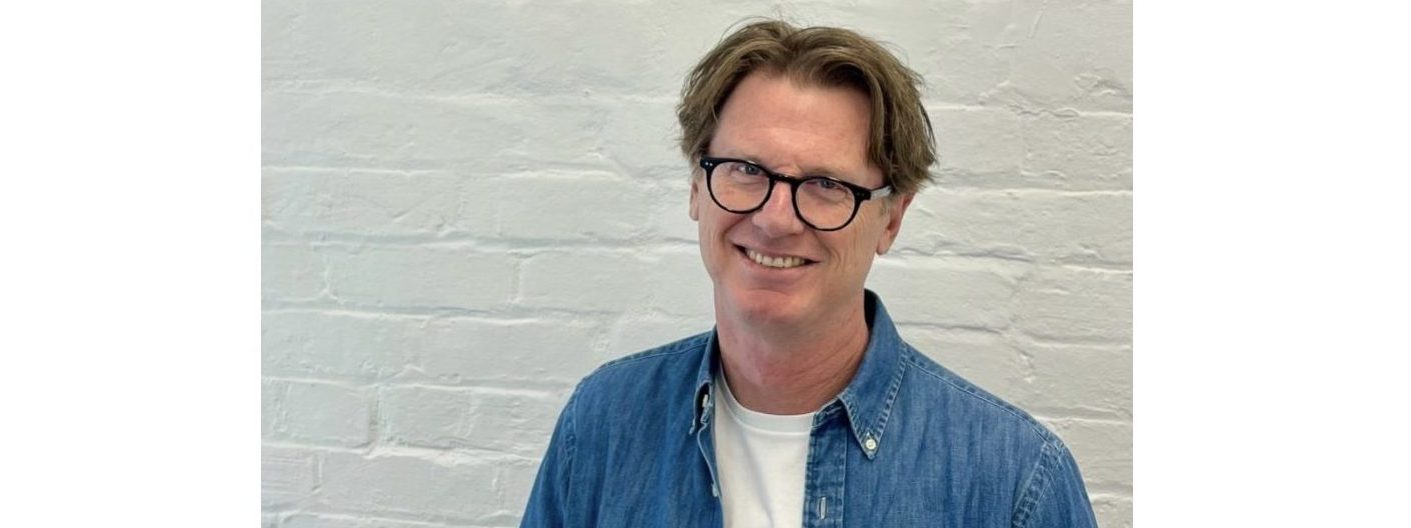Jamie Scott on the balancing act of chemistry, collaboration and creativity in the workplace

By Jamie Scott, group managing director of independent agency Showpony Advertising.
Work from home is a bit of a litmus test for culture.
We all know that culture is built around the shared beliefs of a group of people. And those beliefs are heavily influenced by values – the things we consider important – so this is where being a values led company really gets tested.
Do we walk the talk?
In 2019, the Showpony team chose a set of values. That’s one of the reasons people join an indie rather than a multinational, you get a say in the company direction, rather than being told in a memo from New York.
The team adopted chemistry as one of four values (the others were pride, energy and audacity). Chemistry says that we are at our best when we collaborate, that creativity is a team sport and that bouncing ideas off each other is not only the pathway to superior performance, but also satisfaction. That moment when another human being recognises the cleverness of your idea and then builds upon it with excitement and enthusiasm. It’s exhilarating.
Like being in a band rather than a solo artist, creativity is more fun when it’s shared. It’s why so many of us get into this business in the first place.
Chemistry also recognises that not all parts are equal, nor do they need to be. It’s a leader’s job to be aware of how the team is travelling, not just in terms of performance but also in terms of energy, attitude and enthusiasm. Staff signal their feelings and their attitudes in a number of ways. It’s the sound they make when they nail a proposition, an idea or a meeting. It’s the frown after a call from a client. It’s the barely audible sigh after a long period of proof reading. As leaders, we need a good radar for the signals our office is sending out everyday so that we can respond, nurture and motivate.
You can’t do that over zoom.
And maybe that’s just another indie thing, but being small enough, close enough or caring enough to read the room makes a big difference.

Let’s be honest. Junior staff need to be around senior people to learn and hone their skills.
That’s not a sometimes thing. You can’t mandate Monday to Wednesday as the big learning days, there is a randomness to when a learning opportunity comes up. If we’re not there to catch it, it’s missed and the lesson is lost.
We think our staff deserve better than that.
Conversely, younger staff tend to bring energy and enthusiasm to the workplace. A lot of big ideas are built upon the unadulterated, unfiltered, audacity of youth. Sure we need to constrain some of that exuberance with reality checks, like budgets, but that is what the experienced hands are there for. “Junior-staff-energy” is the rocket fuel that drives agency innovation and excitement and senior staff supply the experience to steer the ship.
Both, together, in unison.
It’s not the same working remotely. We’ve all experienced the cold ‘no’ from a client in a Teams meeting and wondered if the idea properly translated over the tech. Reading the room is so much easier face to face. It’s exactly the same with internal relationships so why do we perpetuate a problem for staff that we wish didn’t exist with clients?
And then there’s the Zoom etiquette that removes all the interrupting, riffing and other noise that is essential to creative collaboration.
In fact, we believe in chemistry so much that we even have a program called Showpony Exchange that pays for staff to work in the other offices. Go on a working holiday to Hobart or Adelaide for a few days and collaborate with a different group of people. Our team loves it.
So there is an argument for working from the office.
But there is also a firmly held belief that there are individual benefits to working in isolation. “I am more productive, I can focus better, I can save money/commute less/look after the dog/do the washing”. All valid productivity gains with an added bonus that work from home includes an element of calm in a busy, noisy and frenetic world. The “work/life balance argument”.
Then there’s flexibility.
People choose a workplace for a variety of reasons and so to attract and retain the best talent available, we need to be flexible in response. Showpony has nearly a third of our staff who work part time, some that are half days Tuesday and Thursdays and others that are school hours. We even have people working from remote locations, including Gibraltar. But most importantly, we’re flexible on notice. When someone says “I’m going to be late today”, or “I have to leave early today” it’s an opportunity for us to genuinely walk the talk on flexibility.
Flexibility is vital to interpersonal relationships, particularly in the workplace. Flexibility demonstrates trust, partnership and can add to creativity by removing barriers and constraints.
What flexibility is not, is an argument for work from home.
How is a rigid requirement to work from home Mondays and Wednesdays flexible? Flexibility is making it a choice. An option. At Showpony we have a different work from home day for each office but it’s up to the individual. Some come in, some stay home.
When governments mandated work from home we all had to be flexible with our new ways of working. If there is evidence that work from home leads to diminished productivity (as WPP’s Mark Read suggests), shouldn’t we also be flexible enough to return to the office more often?
Many of the arguments for working from home tend to be economic. They focus on the cost of living closer to the workplace, public transport, parking, fuel, childcare and, of course, the cost of time lost to personal and family life. What if the economics of the individual’s desire to work from home was in direct conflict with the economics of business? What if it meant the difference between survival and failure to an indie?
How important would it be to work from home then?
Maybe the real answer is that we haven’t found the balance yet? Perhaps four days in the office is right for a creative industry that craves collaboration and excitement that comes from working together but needs to offset that with a little bit of the quiet respite that working from home brings.
When faced with these important questions, we reckon you have to go back to your values. One of ours is chemistry so I guess that’s a pretty strong argument for facing the challenges our working lives present, together.
One thing is for sure, this conversation is a long way from over.
Pictured: Showpony Adelaide team before the 2024 AADC Awards
